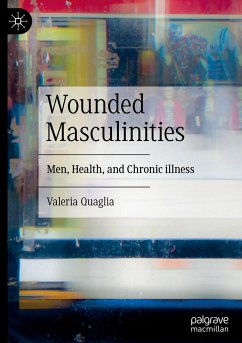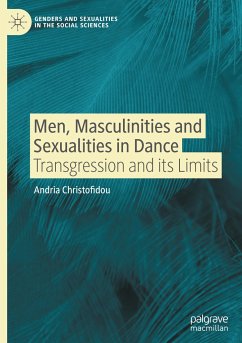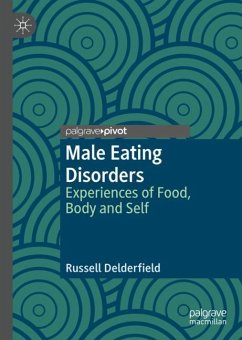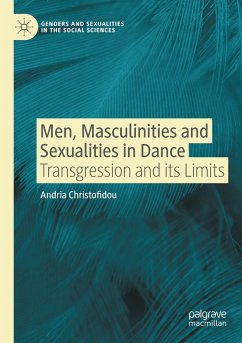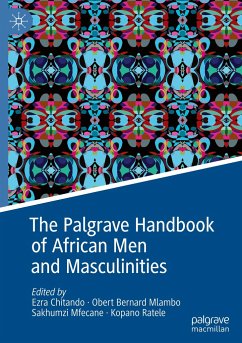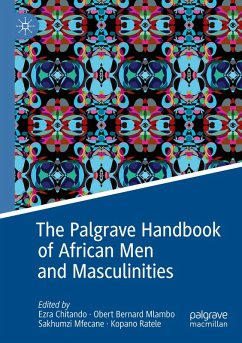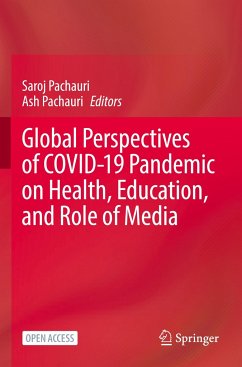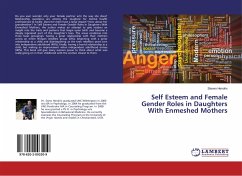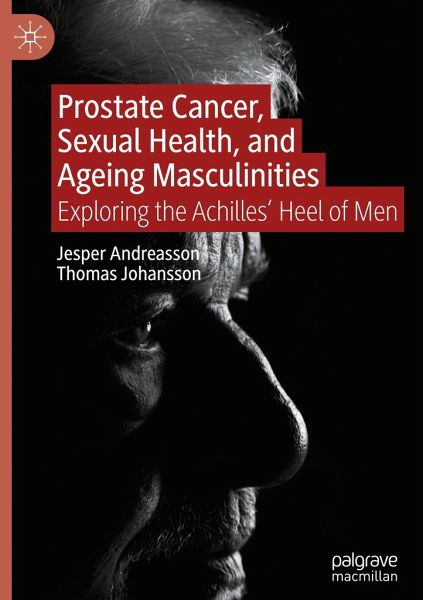
Prostate Cancer, Sexual Health, and Ageing Masculinities
Exploring the Achilles' Heel of Men
Versandkostenfrei!
Versandfertig in 6-10 Tagen
83,99 €
inkl. MwSt.
Weitere Ausgaben:

PAYBACK Punkte
42 °P sammeln!
This book provides a rich, multidimensional analysis of how prostate cancer is lived, treated, and perceived by different actors through the stages of care, rehabilitation, and recovery. Furthermore, it focuses on how side effects, such as urinary leakage and impotence, affects the construction of masculinity. Though the book foregrounds men treated for prostate cancer, it also includes the voices of partners and health care professionals, such as urologists, contact nurses, and sexual health counsellors. The focus is on both phenomenological aspects of prostate cancer-how the disease affects ...
This book provides a rich, multidimensional analysis of how prostate cancer is lived, treated, and perceived by different actors through the stages of care, rehabilitation, and recovery. Furthermore, it focuses on how side effects, such as urinary leakage and impotence, affects the construction of masculinity. Though the book foregrounds men treated for prostate cancer, it also includes the voices of partners and health care professionals, such as urologists, contact nurses, and sexual health counsellors. The focus is on both phenomenological aspects of prostate cancer-how the disease affects men's self-perception and lifestyle-and on sociological aspects-that is, how gender and masculinity are understood and negotiated in social situations/interactions. Situated within the field of critical studies on men and masculinity the book engages in an intersectional analysis of the relationship between prostate cancer, class, and ageing masculinities, as well as providing an analysis ofthe complex relational triad created when voices of treated men, their partners, and health care professionals are brought together.






